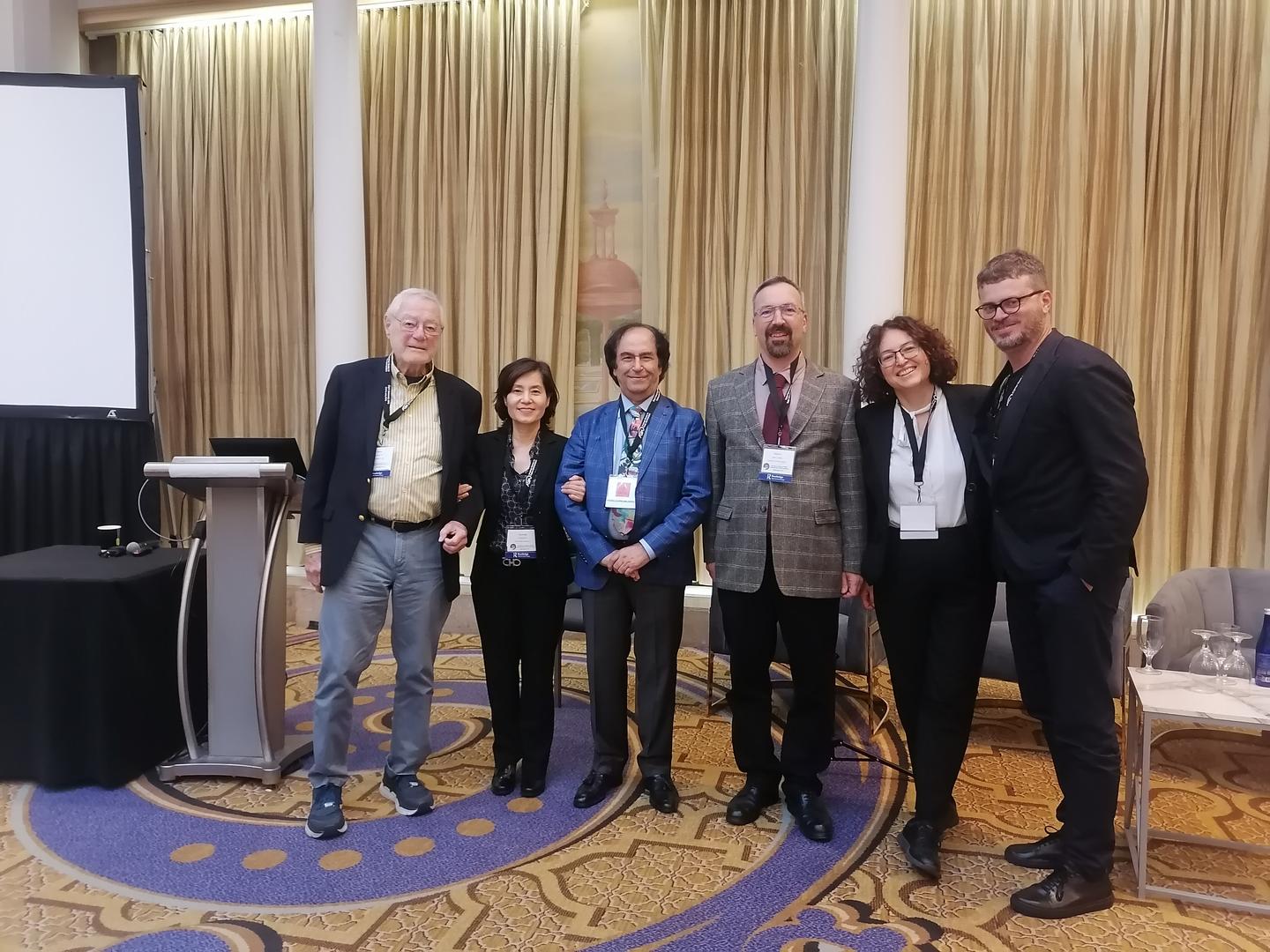
An engaging and thought-provoking online workshop titled “Preparing for the Next Era of E-Governance” recently brought together international scholars and professionals to explore emerging trends, challenges, and innovations in digital governance. The event was opened by Dr. Márton Gellén, Organiser, Associate Professor at the Ludovika University of Public Service, who welcomed participants and introduced the workshop’s core question: Are we entering a new era of e-governance—or are we witnessing the rise of something entirely different?
Dr. Younhee Kim, Associate Professor of Public Administration at Penn State Harrisburg and editor of The Art of Digital Governance, delivered the keynote presentation on “Digital Government Research Across Borders.” She clarified the evolving distinctions between e-government—focused largely on service delivery—and digital governance, a broader concept that encompasses data ecosystems and citizen engagement. Dr. Kim emphasized six key trends shaping the field, including the rise of digital citizenship in both the U.S. and Hungary, and the growing importance of performance management. She also noted that artificial intelligence (AI) is revitalizing the role of mixed-method and qualitative research in public administration.
Laura L. Lynn of Lynn and Associates, a tax expert authorized to represent clients before the IRS, presented on “How the IRS Uses AI to Improve Tax Compliance and Detect Evasion.” While the exact mechanisms of AI use within the IRS remain undisclosed, she acknowledged the tension between operational efficiency and transparency in tax enforcement.
Dr. Erica Ceka, Assistant Professor in the MPA Program at Governors State University, discussed “Attitudes of IRB Professionals Toward the Use of AI in Research Oversight.” Her study revealed skepticism among Institutional Review Board (IRB) professionals regarding AI's reliability and security. Although generative AI is increasingly considered for use in ethical review processes, few institutions have formally integrated it, highlighting a cautious stance toward automated decision-making in sensitive areas.
Dr. Anett Horváth, Assistant Professor at Ludovika University, shared her research on “Digital Settlement and Regional Development.” Through case studies in Hungarian towns such as Nagypáli and Kiskőrös, she illustrated how local governments are experimenting with digital technologies—from e-health services to smart energy governance—often in competition with private sector solutions.
Isabella Capone, a Ph.D. candidate at LUPS, concluded the presentations with an overview of Italian and Hungarian Digitalization Strategies. Her comparative analysis highlighted how digital transformation is now seen as a national imperative across Europe, driven by both policy ambition and competitive pressure.
Following the formal presentations, an open discussion continued for over 30 minutes beyond the scheduled end—demonstrating the high level of interest and engagement among participants. The workshop successfully illuminated the multifaceted landscape of digital governance, raising important questions about innovation, ethics, and public trust. As governments and institutions move forward, these conversations will remain essential in shaping the next phase of e-governance.